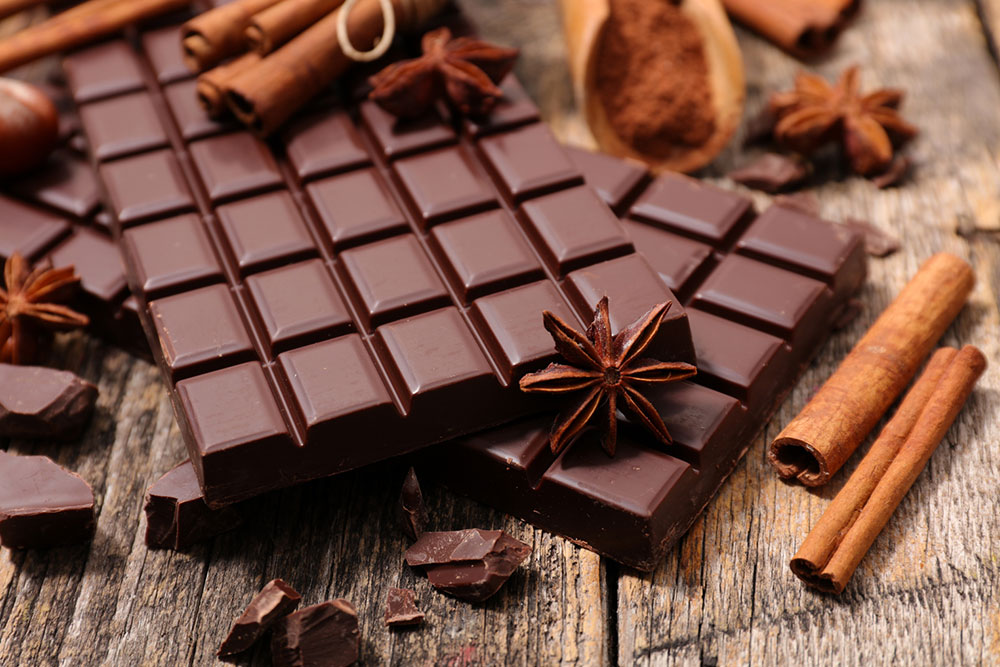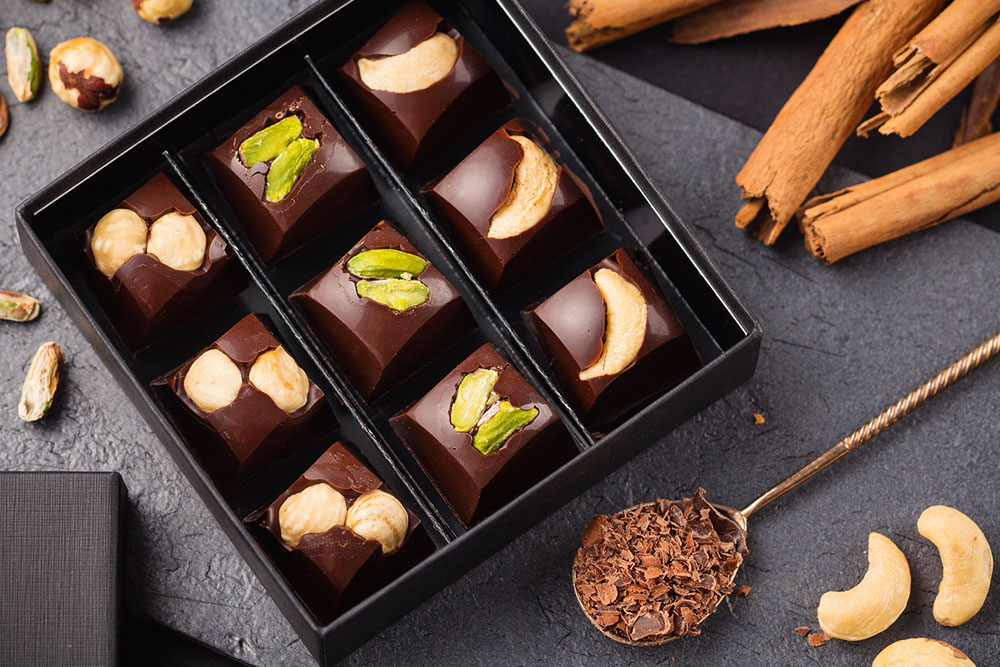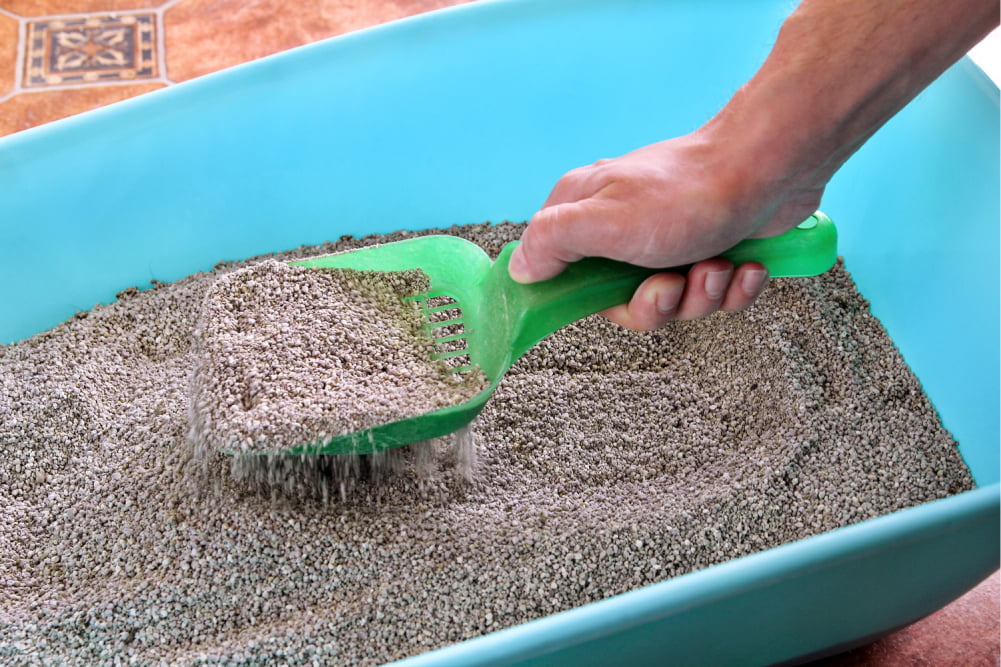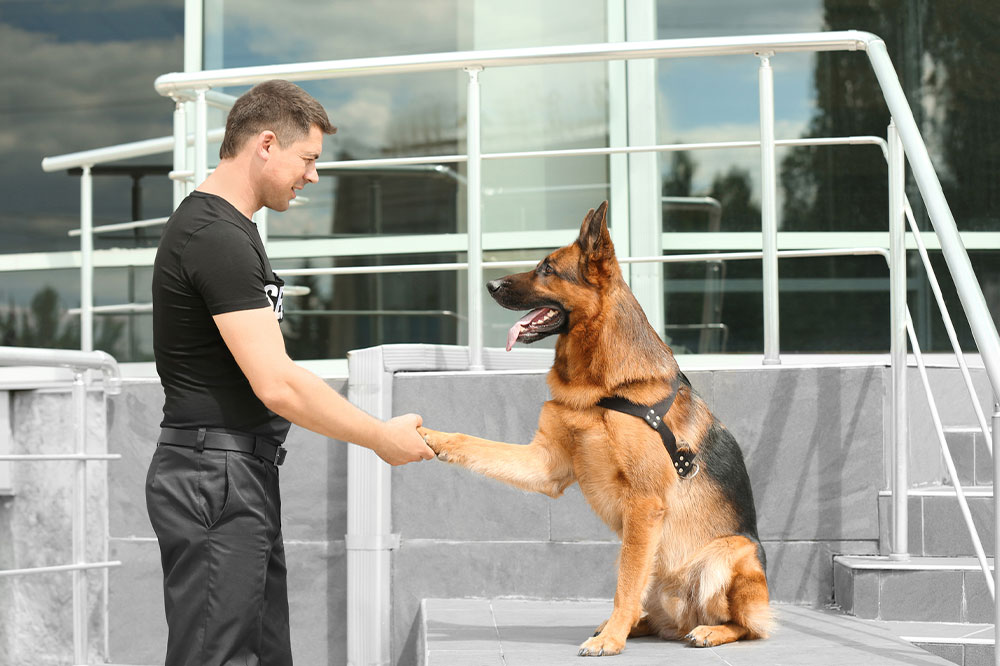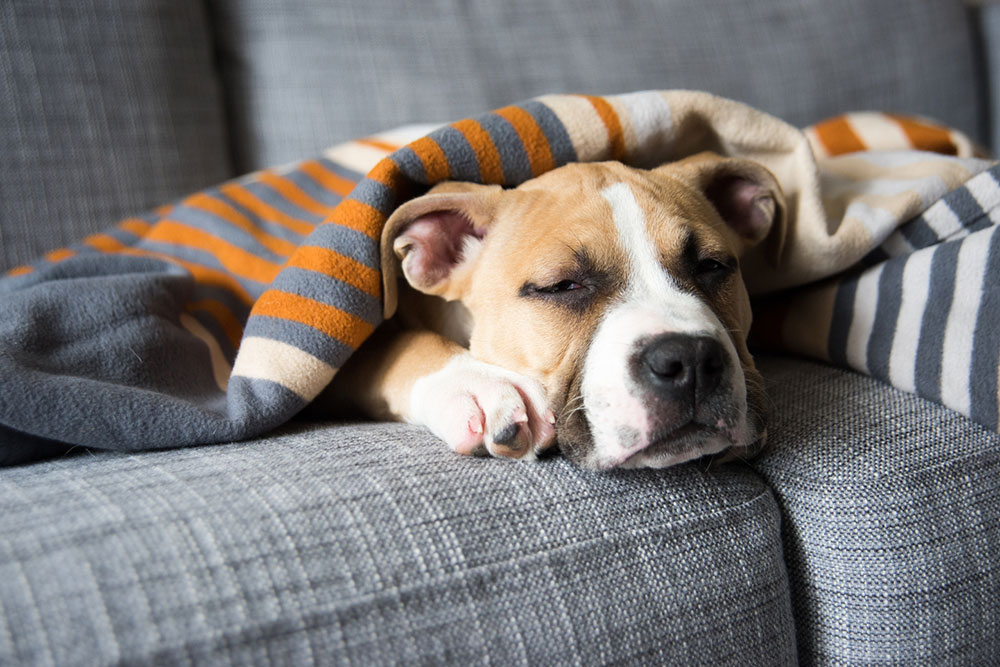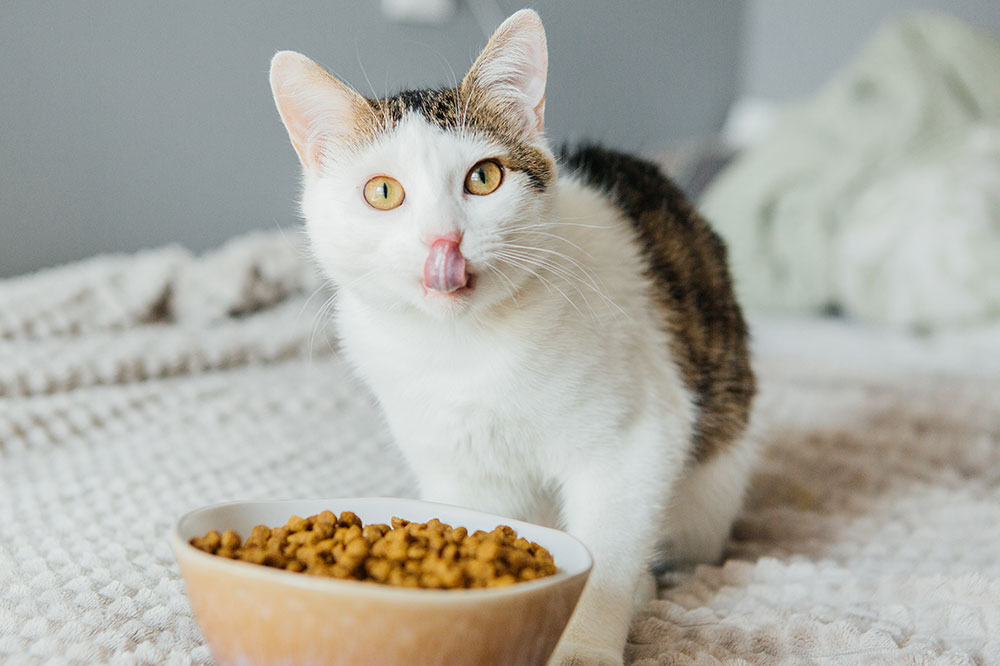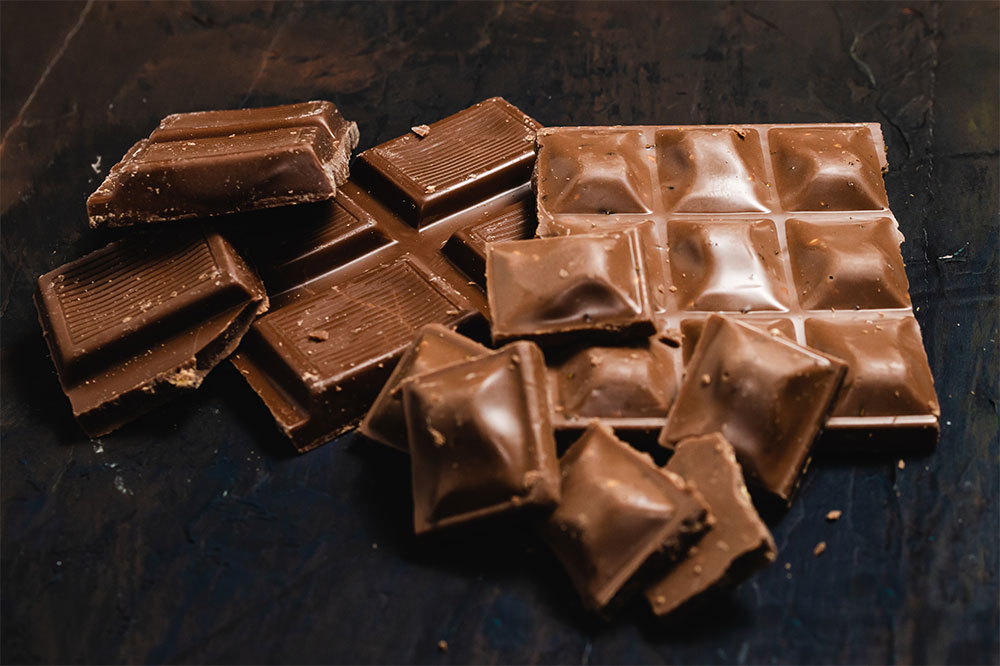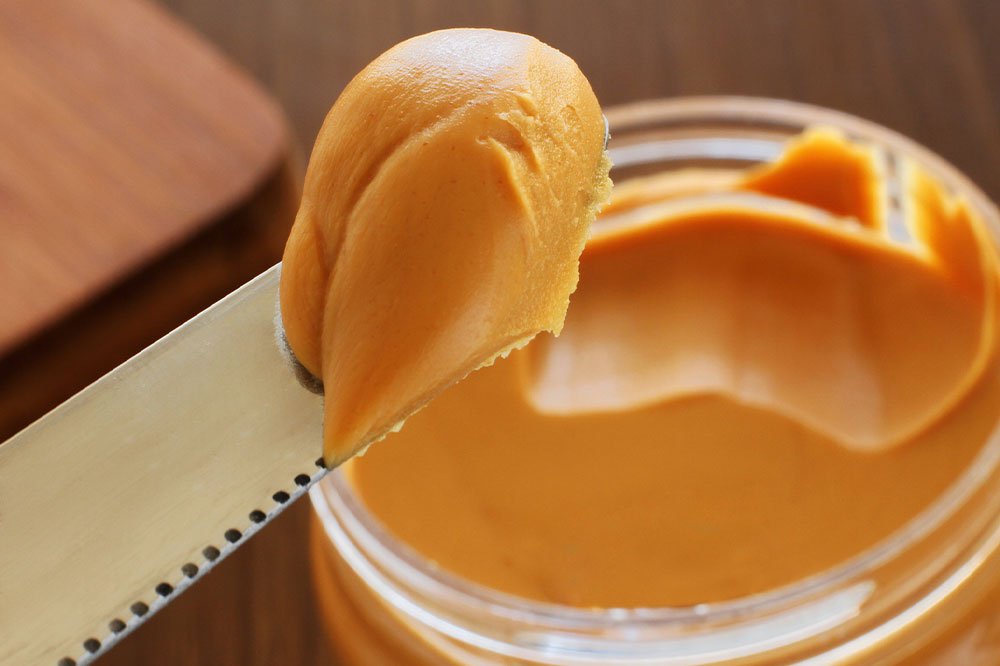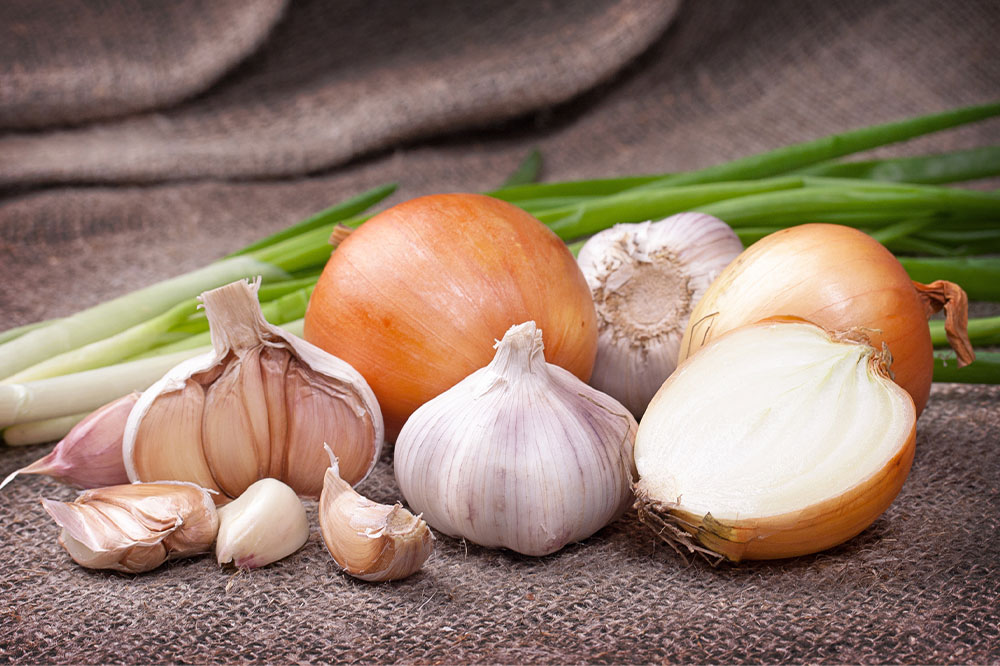6 foods that are toxic to pets
Pet parents wish the best for their pets. They strive to ensure their furry friends live a quality life by grooming them, buying them toys, and letting them move around the house freely. Some even feed their pets snacks from their own plate to keep them happy. However, one must note that not every human food is safe for animals. Here are six everyday foods that can be toxic to pets. Chocolates Chocolates are a popular treat in almost every household. Many love indulging in chocolate bars and other recipes containing chocolates, such as brownies and cookies. While these are safe for humans, they are highly unsuitable for dogs and cats. Chocolates contain a compound called theobromine, which is toxic to them. Consuming even small amounts of chocolate can lead to symptoms like vomiting, diarrhea, rapid heart rate, seizures, and, in severe cases, death in pets. Caffeine Like theobromine, caffeine is toxic to cats and dogs. It’s commonly found in beverages like coffee, tea, and sodas. Ingesting caffeine can cause restlessness, rapid breathing, heart palpitations, seizures, and, in severe cases, death. Hence, one must keep caffeinated products away from pets. Avocados Although a superfood for humans, avocados are toxic to birds and cattle.
Read More 